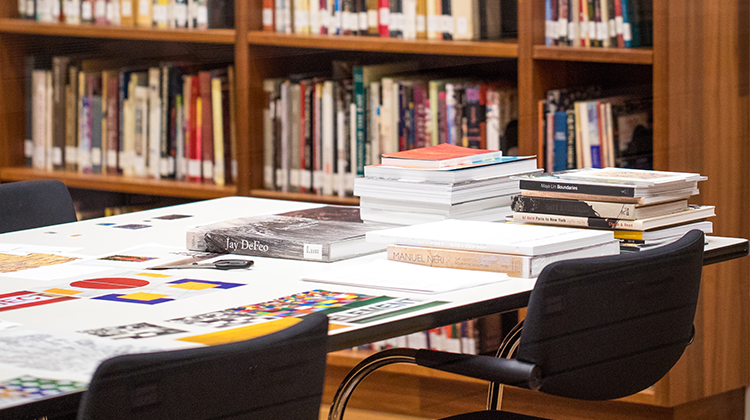Many French learners will find verb conjugation the worst part of the journey. However, it does not have to be! While the present indicative can be intricate for some learners, the good news is that it may be the only verb tense you ever need to master! It is especially true if your goal is to use French mostly to chat. Though we can use it the same way as in English, the present indicative in French can also be your conversation Swiss-army knife! Even better, its different uses will sound natural and vivid compared to tenses like future, simple past, and past tense. Therefore, let's uncover five powerful hacks listed below that use this verb tense to enable speaking in the present, past, and future.
1. Recurring actions (present equivalent)
2. Ongoing activities "progressive present" (present continuous equivalent)
3. Recent actions "recent past" (past equivalent)
4. Stories: the "historical present" (past equivalent)
5. Future actions "close future" (future equivalent)
1. Recurring actions
For recurring, usual actions, when we use the present in English, we use the same in French. So let's call it the "recurring present."
Je joue de la guitare. (I play guitar.)
Though you can use it to communicate an action you are doing in the present moment, we generally use it to share something we commonly do. For example, have a look at the following sentences.
Gérard: Comment est-ce que tu t'occupes les fins de semaine ? (How do you spend your weekends?)
Ginette: Je m'achète une caisse de 24, je mets du country et je fais de la danse en ligne. (I buy a case of 24, put on country and line dance.)
2. In-progress actions
For an activity you are doing right now, you can build your sentence using the verb "être" conjugated with the subject + "en train de" + an infinitive verb. This structure will effectively stress that you are in the process of doing that action.
Je suis en train de faire mes devoirs. (I am doing my homework.)
Using "en train de" helps emphasize that the action is still incomplete. For example, look at the following chat:
Georgio: Qu'est-ce que vous faites en ce moment ? (What are you doing right now?)
Groupe d'amis de Georgio: On est en train de regarder le dernier film de Xavier Dolan. (We are watching Xavier Dolan's latest movie.)
3. Recent actions
I recently realized how valuable the use of the "recent past" is. Commonly, we start a chat by revealing what we were doing minutes before or recalling what occurred in our lives over the last days, weeks, or months. Instead of using the compound past, you can build your sentence using the verb "venir" conjugated with the subject + "d'/de" preposition + an infinitive verb. You will effectively stress that the event happened recently.
Je viens de déménager à Montréal pour mon nouvel emploi. (I just moved to Montréal for my new job.)
Martine: Qu'est-ce qui vient d'arriver ? (What just happened ?)
Guy: Je viens de tomber en bas de ma chaise. (I fell out of my chair)
4. Stories
Using the "historical present" is not only remarkably easy, but it also can enhance your storytelling! To build your sentence, use the basic indicative present form and give proper context, so your listener understands that you are recounting something from the past in the present tense.
La chanson reçoit en 2015 le Prix Empreinte culturelle de la SOCAN. (The song received the 2015 SOCAN Cultural Footprint Award.)
Jean-Paul: Pourquoi ça devient une chanson aussi populaire? (Why did it become such a popular song?)
Pierrette: Parce qu'après cet événement, le mouvement nationaliste s'en empare et en fait l'hymne national québécois! (Because after this event, the nationalist movement seized it and made it the Quebec national anthem!)
5. Future actions
This last one may be the most intuitive for English speakers. To communicate events in the future, we use the structure "aller" conjugated with the subject + an infinitive verb, the same way you would use "be going to."
Je vais passer la fin de semaine au chalet. (I will spend the weekend at the cottage.)
Jean-Claude: Vas-tu voyager pour tes vacances ? (Are you traveling for your vacation?)
Germaine: Bien sûr ! Je vais me faire bronzer à Fort Lauderdale. (Of course! I'm going to get a tan in Fort Lauderdale.)
I can't stress enough how practical, effective, and underused these five tips are. But unfortunately, I see too many learners move quickly to other tenses before they master the present tense. They often get discouraged because of the enormous memorization effort required. That rushing behavior can be counterproductive. Quick wins increase motivation, which is crucial for success. That's why I recommend and encourage their use without restraint! Do yourself a favor, use these tips daily while discussing, and wait until you feel comfortable before tackling other verb tenses.







